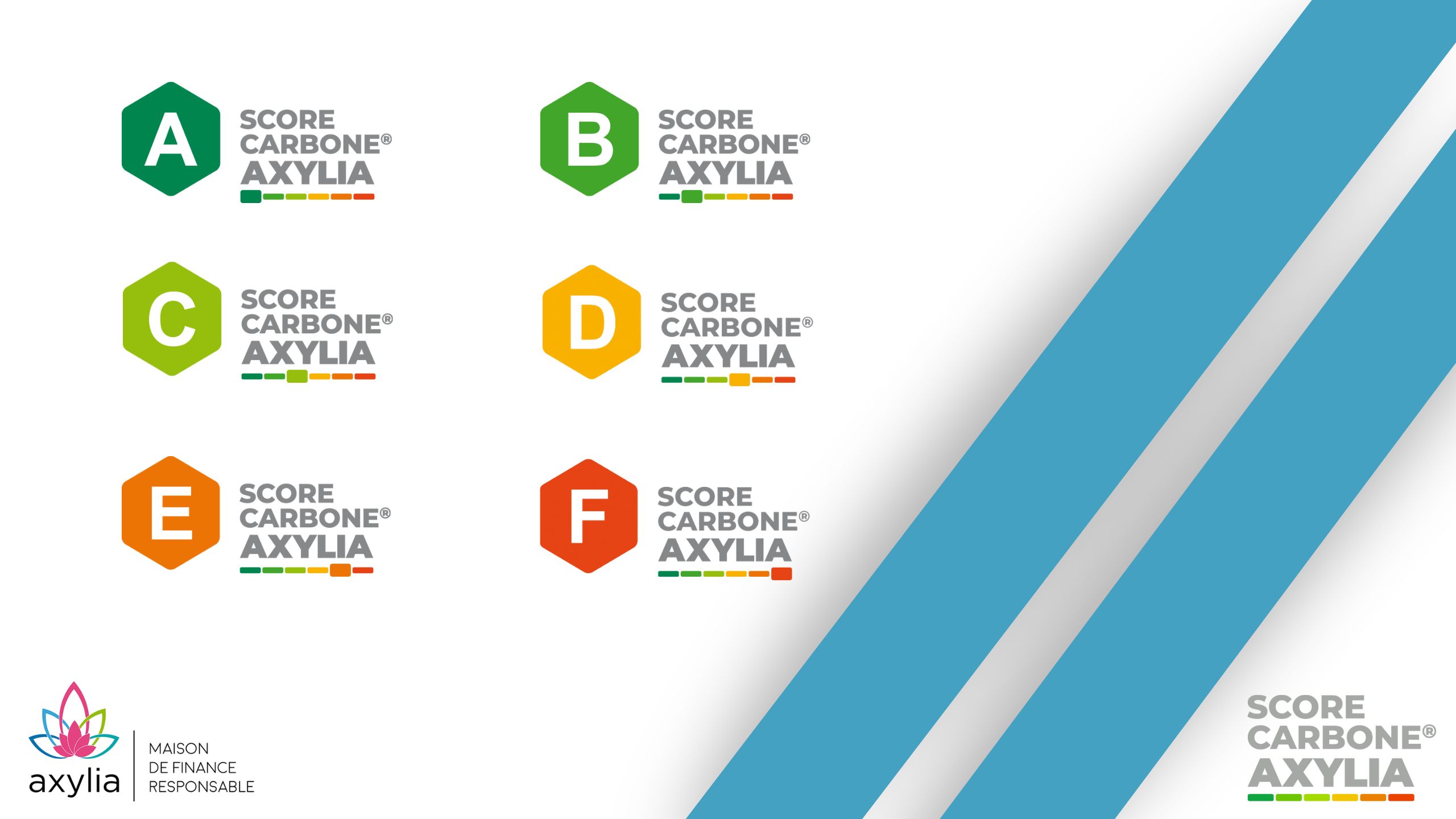

Axylia

Burgundy, France
June 2023
Investment advising
Service with Minor Environmental Footprint
France,
Netherlands The,
Switzerland
Axylia est un cabinet de conseil financier, pionnier de la Finance Responsable, depuis 2005. Axylia est certifiée B Corp. Axylia accompagne les associations, fondations et fonds de dotation engagés dans une politique de placements responsables alignés avec leur mission. Le cabinet sélectionne depuis plus de 10 ans des produits d’impact (cotés et non cotés) en France et en Europe, cumulant impact, performance régulière et risque maîtrisé. Le cabinet maintient une forte activité de recherche et d’innovation, reconnue à plusieurs reprises (Prix 5.3 de l’Indépendance du CNCT et Ekopo Award Or en 2021, Prix de l’Innovation de l’Agefi en 2023). En 2019, Axylia lance la démarche Score Carbone : une méthodologie innovante (conversion en euros de toutes les émissions de CO2 pour donner une facture carbone déduite du résultat d'exploitation), un site internet (scorecarbone.fr), un indice boursier (Vérité40) et, fin 2021, un produit financier (le certificat Vérité 40).
Overall B Impact Score
Governance 13.2
Governance evaluates a company's overall mission, engagement around its social/environmental impact, ethics, and transparency. This section also evaluates the ability of a company to protect their mission and formally consider stakeholders in decision making through their corporate structure (e.g. benefit corporation) or corporate governing documents.
What is this? A company with an Impact Business Model is intentionally designed to create a specific positive outcome for one of its stakeholders - such as workers, community, environment, or customers.
Workers 18.5
Workers evaluates a company’s contributions to its employees’ financial security, health & safety, wellness, career development, and engagement & satisfaction. In addition, this section recognizes business models designed to benefit workers, such as companies that are at least 40% owned by non-executive employees and those that have workforce development programs to support individuals with barriers to employment.
Community 17.8
Community evaluates a company’s engagement with and impact on the communities in which it operates, hires from, and sources from. Topics include diversity, equity & inclusion, economic impact, civic engagement, charitable giving, and supply chain management. In addition, this section recognizes business models that are designed to address specific community-oriented problems, such as poverty alleviation through fair trade sourcing or distribution via microenterprises, producer cooperative models, locally focused economic development, and formal charitable giving commitments.
Environment 3.7
Environment evaluates a company’s overall environmental management practices as well as its impact on the air, climate, water, land, and biodiversity. This includes the direct impact of a company’s operations and, when applicable its supply chain and distribution channels. This section also recognizes companies with environmentally innovative production processes and those that sell products or services that have a positive environmental impact. Some examples might include products and services that create renewable energy, reduce consumption or waste, conserve land or wildlife, provide less toxic alternatives to the market, or educate people about environmental problems.
Customers 33.5
Customers evaluates a company’s stewardship of its customers through the quality of its products and services, ethical marketing, data privacy and security, and feedback channels. In addition, this section recognizes products or services that are designed to address a particular social problem for or through its customers, such as health or educational products, arts & media products, serving underserved customers/clients, and services that improve the social impact of other businesses or organizations.
What is this? A company with an Impact Business Model is intentionally designed to create a specific positive outcome for one of its stakeholders - such as workers, community, environment, or customers.